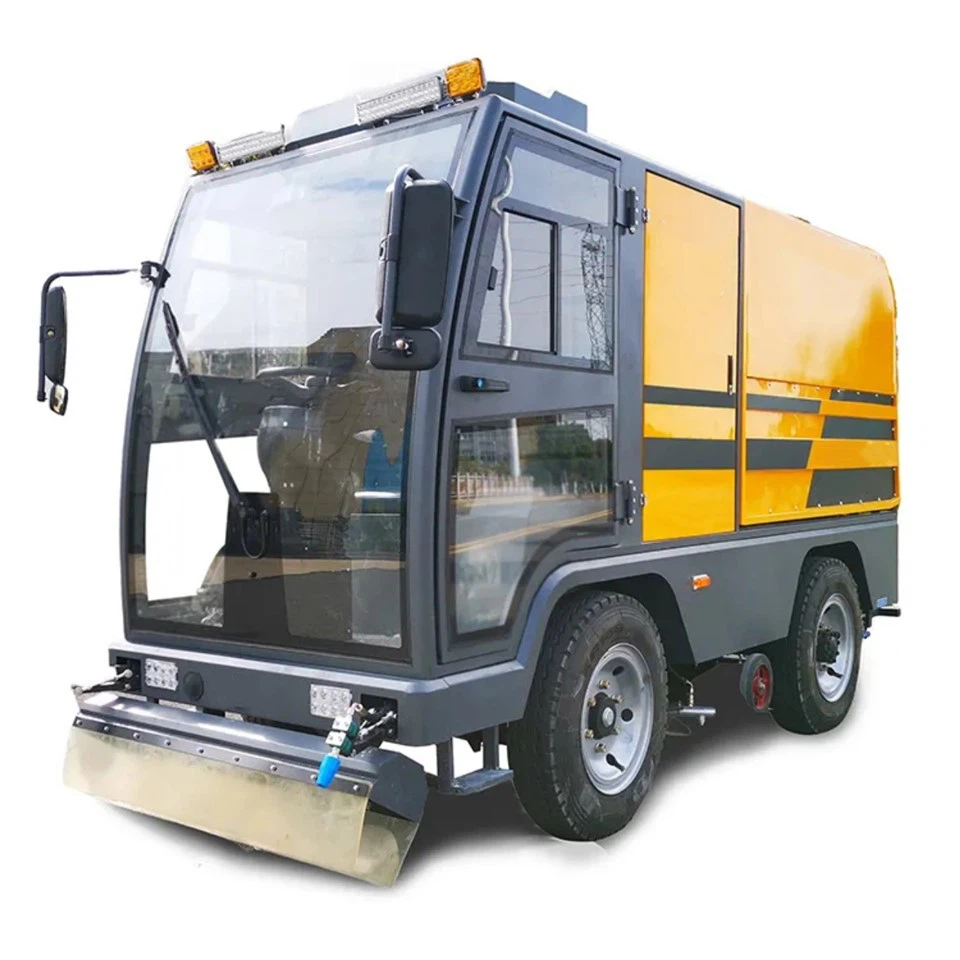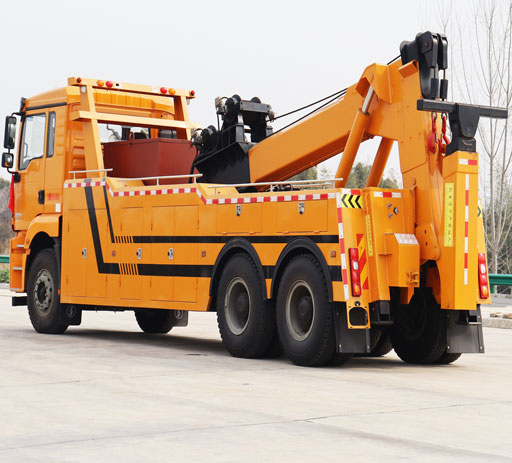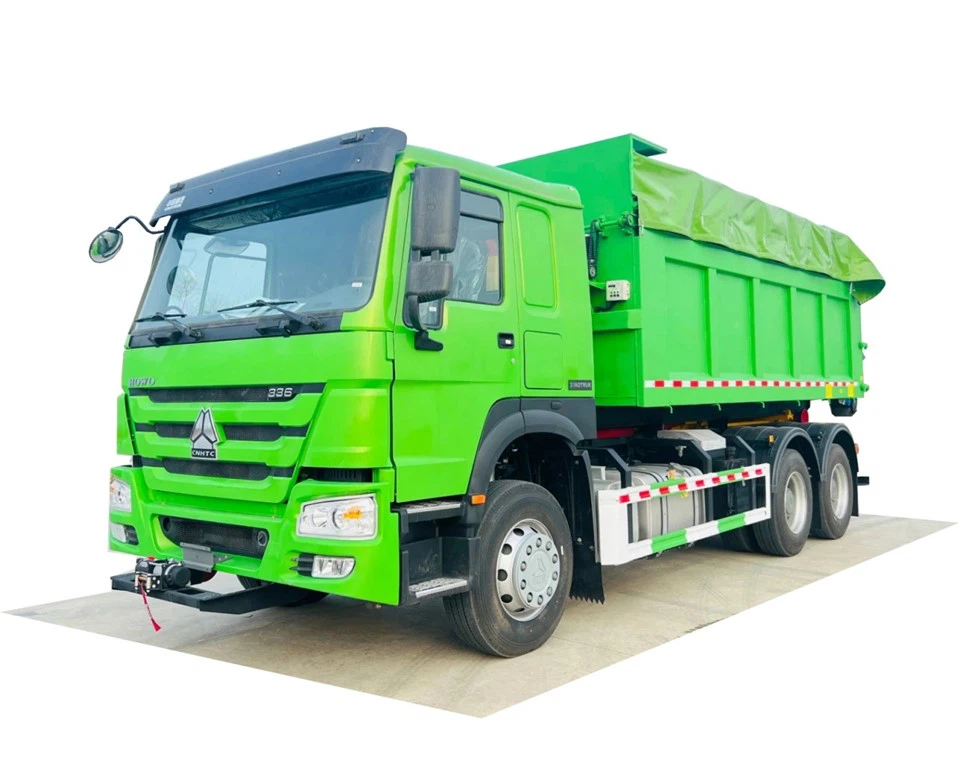Oil Trucks for Sale: Your Complete Guide to Choosing the Right Vehicle

In today’s modern world, oil trucks play a crucial role in transporting fuel, chemicals, and other liquid products. Whether you’re a business owner looking to expand your fleet or an individual in need of a reliable tanker, understanding the ins and outs of buying oil trucks is essential. This article covers everything you need to know about oil trucks for sale, including types, features, pricing, and tips for making the right choice.
Types of Oil Trucks
When searching for oil trucks for sale, it’s important to understand the various types available in the market. Each type serves a specific purpose and comes with distinct features.
1. Cargo Tank Trucks
Cargo tank trucks are designed primarily for transporting liquid products. They typically feature a cylindrical tank that can carry large quantities of fuel or oil. These trucks are commonly seen on highways delivering fuel to gas stations and industrial clients.
2. Vacuum Trucks
Vacuum trucks are equipped with a tank and a vacuum system to suck up liquids, sludge, or waste materials. These trucks are essential for industrial cleaning applications and waste management. They are not only used for transporting oil but can also handle various hazardous materials.
3. Tanker Trailers
Tanker trailers are attached to a tractor unit and are used mainly for transporting liquids. They offer more flexibility since the tractor can be unhitched and used for various other transportation needs.
4. Bobtail Trucks
Bobtail trucks are smaller units that can be used for delivering fuel to residential and commercial locations. These trucks typically carry less fuel than cargo tank trucks but are more maneuverable in urban settings.
Comparison Table of Oil Truck Types
| Type | Capacity | Usage |
|---|---|---|
| Cargo Tank Trucks | 2,000 – 9,000 gallons | Fuel delivery to gas stations |
| Vacuum Trucks | 1,500 – 4,000 gallons | Industrial cleaning, waste management |
| Tanker Trailers | 3,000 – 10,000 gallons | Flexible liquid transportation |
| Bobtail Trucks | 1,000 – 3,500 gallons | Residential and small commercial delivery |

Key Features to Look For
When considering oil trucks for sale, it’s vital to evaluate various features to ensure the vehicle meets your needs.
1. Tank Material
The tank material can affect the durability and safety of the truck. Common materials include:
- Aluminum: Lightweight and resistant to rust but may have lower strength.
- Steel: Strong and durable but prone to rust unless properly coated.
- Composite: Offers a balance of weight and strength.
2. Pumping System
The type of pumping system is critical for how efficiently you can load and unload oil or fuel. Consider whether a centrifugal or gear pump best suits your operational needs.
3. Safety Features
Look for trucks equipped with safety features like:
- Emergency shutoff valves
- Fire extinguishers
- Spill containment and recovery systems
4. Regulatory Compliance
Oil trucks must adhere to specific local and federal regulations regarding the transportation of hazardous materials. Ensure the truck is compliant with these laws.
Checklist for Evaluating Oil Trucks
| Feature | Considerations |
|---|---|
| Tank Material | Aluminum, Steel, Composite |
| Pumping System | Centrifugal vs. Gear |
| Safety Features | Emergency shutoff, fire extinguishers |
| Regulatory Compliance | Check local and federal laws |
Pricing Considerations
The price of oil trucks can vary significantly based on several factors. Understanding these can help you budget and find the best deal.
1. New vs. Used Trucks
New oil trucks typically come with a higher price tag, but they include warranties and the latest technology. Used trucks can be more affordable, but you may encounter maintenance issues. When looking for oil trucks for sale:

- Consider depreciation rates for new trucks.
- Assess the condition and maintenance history of used trucks.
2. Brand and Model
Different brands offer various price points. Features, performance, and reputation can influence the cost. Some popular brands to consider include:
- Peterbilt
- Kenworth
- Freightliner
3. Customization
If you wish to customize your oil truck, be prepared to pay extra. Custom features may include specialized tanks, pumping systems, or added safety equipment.

Average Price Ranges
| Type of Truck | Price Range |
|---|---|
| New Cargo Tank Truck | $100,000 – $200,000 |
| Used Cargo Tank Truck | $50,000 – $120,000 |
| New Vacuum Truck | $150,000 – $300,000 |
| Used Vacuum Truck | $70,000 – $150,000 |
Where to Find Oil Trucks for Sale
There are several platforms where you can find oil trucks for sale. These include:
1. Dealer Websites
Many dealerships specialize in commercial vehicles, including oil trucks. Search for reputable dealers in your area or online.
2. Auction Sites
Online auction platforms are excellent for finding used oil trucks at competitive prices. Ensure you inspect the truck thoroughly before bidding.
3. Classified Ads
Websites like Craigslist and Facebook Marketplace often have listings for used oil trucks. Just be cautious and conduct due diligence when buying from private sellers.
4. Industry Trade Shows
Trade shows can be an ideal way to see various models and brands in person. They also allow you to connect with dealers directly.
Financing Options for Your Oil Truck Purchase
Financing can help ease the financial burden of purchasing an oil truck. Here are some common options:
1. Loans from Banks and Credit Unions
Traditional bank loans can offer competitive interest rates. Be sure to have your business plan and financial records ready for approval.
2. Equipment Leasing
Leasing can be a viable option if you want to use the truck without a significant upfront payment. Keep in mind that at the end of the lease term, you may have the option to purchase the truck.
3. Manufacturer Financing
Some manufacturers offer financing programs that can make purchasing easier. Check with the dealership to see if this is available.
Comparison of Financing Options
| Option | Pros | Cons |
|---|---|---|
| Bank Loans | Competitive rates, large amounts | Lengthy approval process |
| Leasing | Lower payments, updated trucks | No ownership at lease end |
| Manufacturer Financing | Convenient, tailored to buyers | Limited options for non-brand buyers |
Maintenance Tips for Oil Trucks
Regular maintenance is crucial for any vehicle, but it’s especially important for oil trucks due to the nature of their work.
1. Regular Inspections
Conduct routine inspections to ensure all components, such as pumps and hoses, are functioning correctly. This can prevent breakdowns in the middle of a delivery.
2. Oil Changes
Follow the manufacturer’s recommendations for oil changes to keep your engine running smoothly. Oil trucks often accumulate wear and tear due to heavy usage.
3. Cleaning the Tank
Ensure the tank is cleaned periodically to remove residual fuel and contaminants. This is critical for maintaining fuel quality and preventing contamination.
4. Brake and Tire Checks
Regularly check the brakes and tires for wear. Oil trucks often operate under heavy loads, making reliable braking and stable tires essential for safety.
FAQ Section
What size oil truck do I need for my business?
The size of the truck depends on your delivery needs. For small deliveries, a bobtail truck may suffice. For larger operations, consider cargo tank trucks or tanker trailers.
Are there regulations I need to be aware of when purchasing an oil truck?
Yes, regulations can vary by region and may include safety inspections, licensing, and compliance with hazardous materials transportation laws.
How do I know if a used oil truck is in good condition?
It’s essential to obtain a mechanical inspection and review the maintenance history. Look for signs of wear or damage, and make sure all safety features are functional.
Can I customize my oil truck?
Yes, many manufacturers allow customization. You can modify tank size, pumping systems, and safety features according to your business needs.
What financing options are best for purchasing an oil truck?
It depends on your financial situation. Bank loans offer good rates but can have a lengthy process. Leasing provides lower payments, while manufacturer financing can be convenient.
How often should I maintain my oil truck?
Regular maintenance is crucial. Conduct inspections and servicing based on usage, typically every few months or according to the manufacturer’s recommendations.
